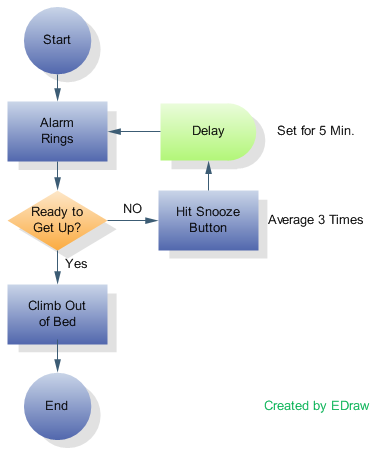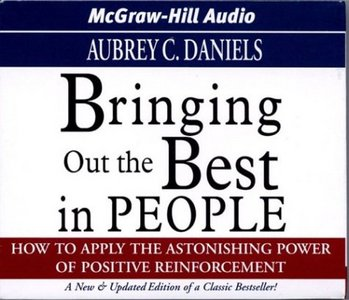What are the traits that separate successful small businessesreport hopes to explain why only 1 in 2 small businesses will survive more than five years, according to Small Business Administration figures. The study - called Six Dimensions That Characterize Success-Oriented Small Business Owners - is based on analysis of a survey of 1,100 small businesses with between 2 and 99 employees. The survey discovered six important traits including:
Strategic Discipline Blog
Douglas A Wick
Recent Posts
Topics: Strategic Discipline, priorities, small business
Last blog we discussed the Fourth Discipline, developing work process flow charts. Would it surprise you to discover that 91% of small to midsized business don’t have a formal structured sales process? One of our strategic partners is Objective Management Group. OMG is the originator of sales force evaluations and have evaluated over 8500 different sales forces, and 450,000 sales people. Most of the businesses they evaluate are larger companies since in order to evaluate sales teams; you need four or more sales people and managers. The 91% number comes for their evaluations of these 8500 companies. You can imagine what that number might be for sales teams smaller than 4 people.
Topics: Work Process Flow Charts, Objective Management Group, priorities, Sales Evaluation, Sales Discipline
Strategic Discipline’s Fourth Discipline – Work Process Flow Charts
Posted by Douglas A Wick on Thu, Jul 1, 2010
The principle of Strategic Discipline consists of three disciplines, meetings, metrics, and priorities. These are the essential tools that John D Rockefeller used to build Standard Oil into the largest company in the world. They are still the essential disciplines that help your business communicate better and establish the fundamental principles to grow.
Topics: Strategic Discipline, Work Process Flow Charts, Michael Gerber, Brand Promise, emyth, Business System, E-Myth Revisited
The Dawn of Impatience – Increase Positive Reinforcement
Posted by Douglas A Wick on Tue, Jun 22, 2010
"Why do we have to do all this positive reinforcement stuff today?" If you're a manager asking this question remembering when you didn't have to, recognize that the world has changed.
Topics: employee performance, positive reinforcement, human behavior
Topics: Accountability, Discipline Plan, Quantification, Key Metrics
Topics: Bringing Out the Best In People, Strategic Discipline, Aubrey Daniels, Discipline Plan, positive reinforcement, Pearsons Law, Jim Collins, negative reinforcement
This past week I posted a blog on Pearson's Law Revisited. I'd only wished I'd listened to Aubrey Daniels' Bringing Out the Best in People first before writing it. In Chapter 11 I was struck by Daniels' comment, "measuring doesn't change a thing!" He noted that a great many people in business believe that measuring a problem is tantamount to solving it.
Topics: Business Growth, Pearsons Law, Quantification
Is Life Fair – Strategic Discipline Interview Questions
Posted by Douglas A Wick on Mon, Jun 7, 2010
Topics: Strategic Discipline, Core Values, Discipline Plan, Zappos, Locus of Control
Some time ago I wrote a blog about Pearson's Law. Few people are aware of it yet when quoted most nod in agreement. Pearson's law states that, "When performance is measured, performance improves. When performance is measured and reported back, the rate of improvement accelerates."
Topics: Accountability, Strategic Discipline, Discipline Plan, Mastering the Rockefeller Habits, Pearsons Law, Quantification
Patrick Lencioni, author of Five Dysfunctions of Team, Death by Meeting, The Five Temptations of a CEO, The Four Obsessions of an Extraordinary Executive, The Dream Manager, and most recently Getting Naked spoke to our group of Gazelles coaches at our monthly meeting on Monday.
Topics: Accountability, Strategic Discipline, Core Values, Zappos















.jpeg?width=150&height=135&name=Hand%20with%20marker%20writing%20the%20question%20Whats%20Next_%20(1).jpeg)

